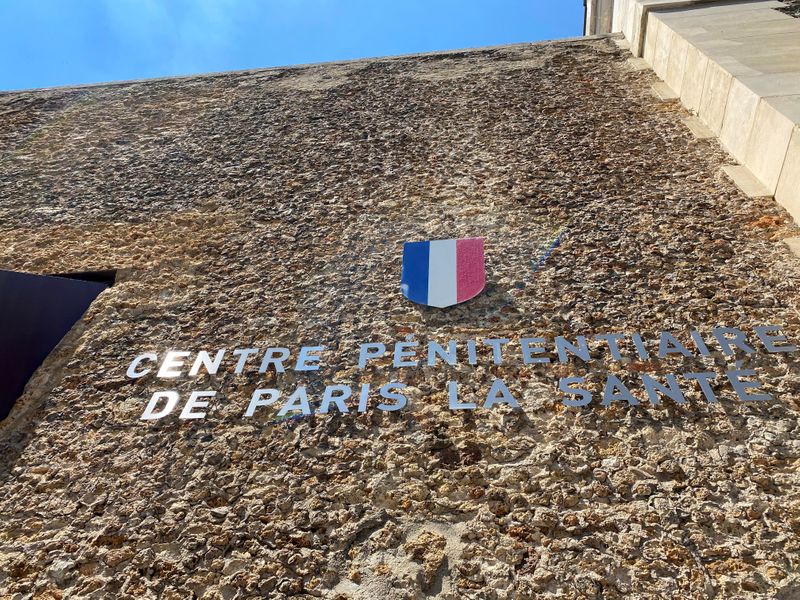By George Obulutsa
NAIROBI (Reuters) - French gendarmes arrested Felicien Kabuga, wanted for allegedly financing the Rwandan genocide, near Paris on May 16 after a global manhunt spanning more than a quarter of a century.
Kabuga, 84, is accused of funding ethnic Hutu militias that massacred about 800,000 Tutsi and moderate Hutus during the 1994 genocide. He was one of the last three major fugitives hunted by international investigators.
WHO WANTED KABUGA?
He was indicted by the International Criminal Tribunal for Rwanda in Arusha, Tanzania. The U.N. Security Council set up the tribunal in 1995 to prosecute high-profile suspects accused of crimes during the 1994 genocide.
The court tried senior military and government officials, politicians, businessmen, church, militia, and media leaders on charges of genocide, crimes against humanity and war crimes, complicity in genocide, or direct and public incitement to commit genocide.
It also charged more than half of the suspects with rape and other forms of sexual violence as a means of perpetrating genocide and as crimes against humanity or war crimes.
DID THE TRIBUNAL WORK?
The tribunal indicted 93 people, including Kabuga. Of those, 62 were convicted and 10 others sent to national jurisdictions for trial. A further 14 were acquitted, two indictments were withdrawn before trial and two people died before their trials concluded. The rest were fugitives.
The tribunal closed in 2015, but passed its outstanding cases to the U.N. International Residual Mechanism for Criminal Tribunals, a body empowered to try suspects from the Rwandan genocide and 1990s war in then-Yugoslavia. This body maintains an office in Arusha and another in The Hague, Netherlands.
WHAT WAS KABUGA INDICTED FOR?
Kabuga was indicted on seven counts of genocide, complicity in genocide, directing and inciting genocide, conspiracy to carry out and attempts to commit genocide, and crimes against humanity - persecution and extermination.
WHAT PROBLEMS DID THE TRIBUNAL FACE?
Its critics, including Rwanda, accused it of being inefficient, costly and slow. Rwanda itself tried more than two million cases related to the genocide in 12,000 community courts - often held outside under trees - between 2001 and 2012.
Suspects who were acquitted by the international tribunal were often unable or unwilling to go home, and authorities struggled to find third party countries that would accept them.
The tribunal also depended on national jurisdictions' police and other security agencies to apprehend and hand over fugitives, which considerably slowed down the wheels of justice.
WHO IS STILL OUT THERE?
International investigators are still looking for Protais Mpiranya, former commander of the Rwandan presidential guard, and Augustin Bizimana, the ex-defence minister - both Hutus.

The international tribunal referred the cases of five other fugitives to the Rwandan authorities for trial.